Who was the youngest man ever elected to be president of the United States? The answer is John F. Kennedy, the nation’s 35th president. Kennedy won the presidency at the age of 43.
Kennedy was the first American president born in the 20th century. He was also the first president of the Catholic faith. But Kennedy’s time as the nation’s leader was cut short. He was assassinated during his third year as president.
EARLY LIFE
John Fitzgerald Kennedy was born in Brookline, Massachusetts, in 1917. His father was a rich businessman. Kennedy was a good athlete. He swam, sailed, and played football at Harvard University. A back injury forced him to quit football and troubled him the rest of his life.
WAR HERO
Kennedy almost died during World War II. In 1943, a Japanese ship attacked the small boat he commanded. Kennedy’s boat was cut in half.
Kennedy led his surviving crew to a small island. He swam through rough seas pulling a wounded crew member to safety. Kennedy won medals for bravery and for being wounded in combat.
WHY DID KENNEDY ENTER POLITICS?
Kennedy’s father tried to make a career in politics. He wanted one of his sons to gain political power, too. At first, he hoped his eldest son, Joseph, would follow this path. But Joseph was killed in World War II. The family hopes then settled on John, the second son.
After the war, Kennedy ran for a seat in the U.S. House of Representatives representing Massachusetts. Kennedy won, and he went on to serve three terms. Then, in 1952, Kennedy was elected to the U.S. Senate.
In 1953, Kennedy married the glamorous Jacqueline Bouvier. He also wrote Profiles in Courage, a book about American politicians who made brave choices. The book won Kennedy the Pulitzer Prize, an important writing award.
WINNING THE PRESIDENCY
In 1960, Kennedy won the nomination from the Democratic Party to run for president. The race featured the first television debate between two presidential candidates. Kennedy made a better impression than Richard Nixon, his Republican opponent. He defeated Nixon in a very close election.
WHAT PROBLEMS DID KENNEDY FACE?
When Kennedy became president, the United States was fighting the Cold War against the Soviet Union. It was called a “Cold War” because the two countries never battled each other directly. That was too risky. Each side had enough nuclear weapons to destroy the other.
Instead of attacking each other, the United States and the Soviet Union took sides in wars fought by smaller countries. Each side also tried to build more nuclear weapons than the other.
THE BAY OF PIGS
In 1959, rebels backed by the Soviet Union overthrew the government in Cuba. Many Cubans fled to America. The U.S. government trained some of these Cubans for a secret invasion of Cuba.
Four months after he took office, Kennedy approved the invasion. But Cuba’s government defeated the invasion on the Cuban coast, at the Bay of Pigs.
THE CUBAN MISSILE CRISIS
Next, the Soviet Union began sending nuclear missiles to Cuba. This put the United States within range of a nuclear missile attack.
In the fall of 1962, Kennedy warned the Soviets to pull back. He threatened to take drastic steps. For days, the world seemed poised on the brink of a nuclear war. Finally, the Soviet Union backed down.
The United States and the Soviet Union went on to sign a treaty limiting the testing of nuclear weapons.
WHAT DID KENNEDY ACHIEVE?
Under Kennedy, the civil rights movement gathered strength. This movement demanded equal rights for African Americans and other minorities. Kennedy also started the Peace Corps. This program sends volunteers abroad to help people in poor nations. Kennedy was one of America’s most popular presidents.
ASSASSINATION
In November 1963, a man named Lee Harvey Oswald shot and killed Kennedy in Dallas, Texas. Kennedy’s death shocked the nation and the world. People wept in the streets. Representatives of 92 nations attended Kennedy’s funeral. Perhaps 1 million people lined the streets in Washington, D.C., to mourn.
A controversy arose after Kennedy’s death over who killed the president. Some people believe others were involved in the assassination. But no proof of this has been found.
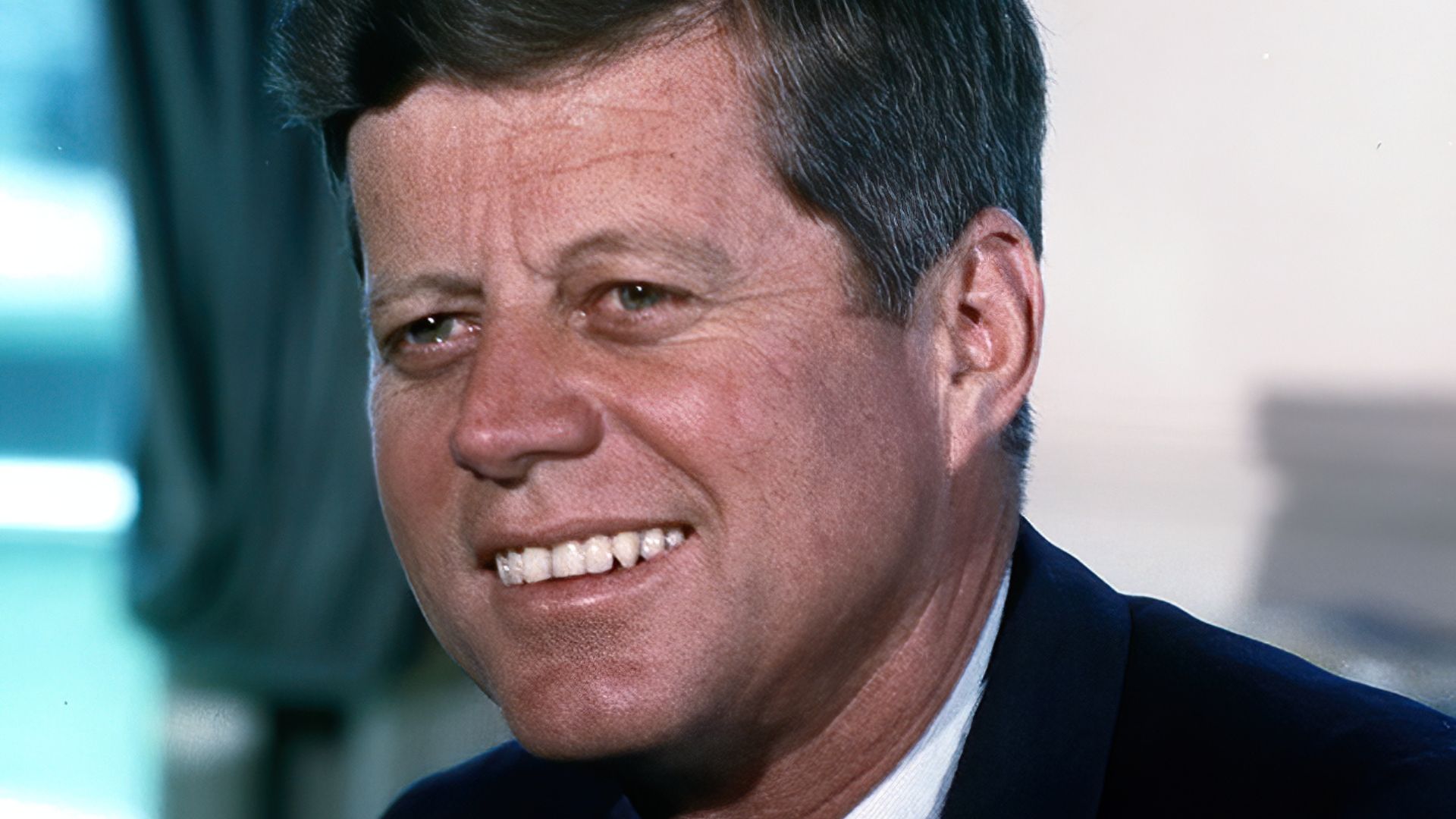

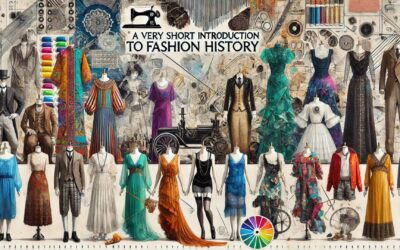

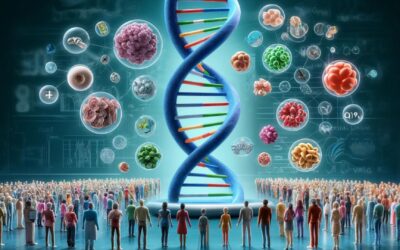

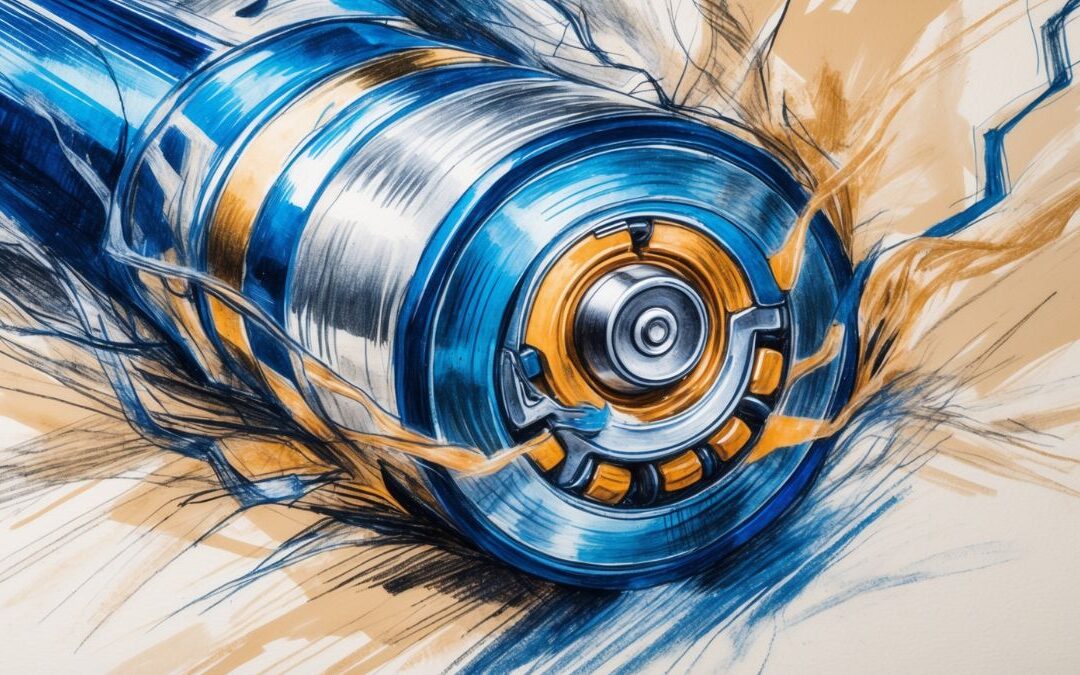

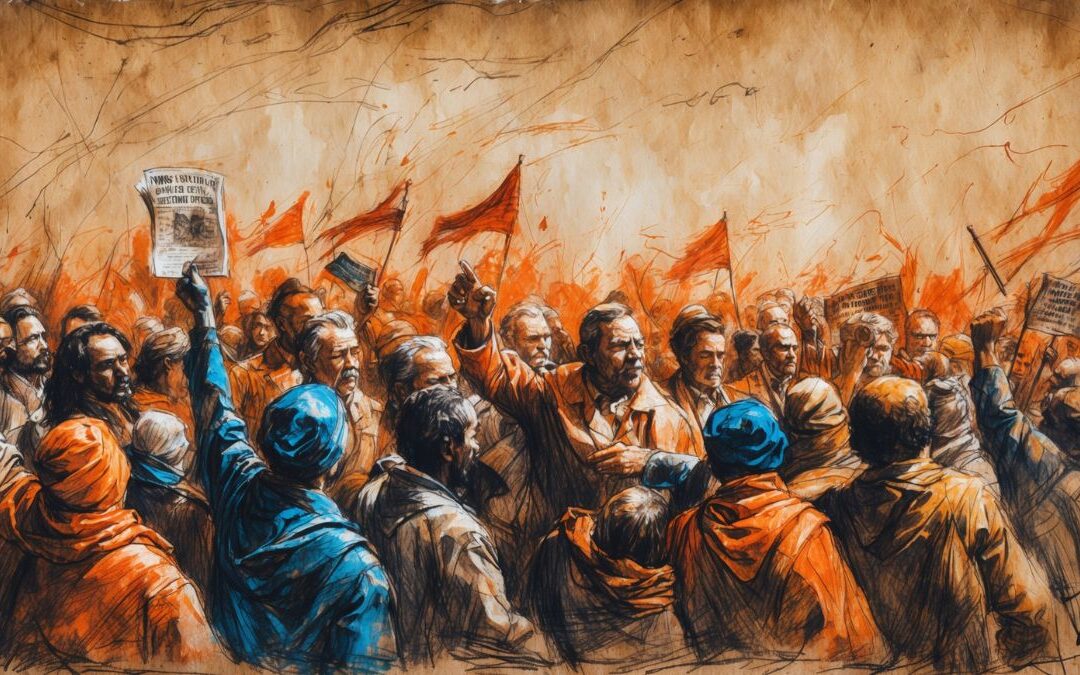


0 Comments